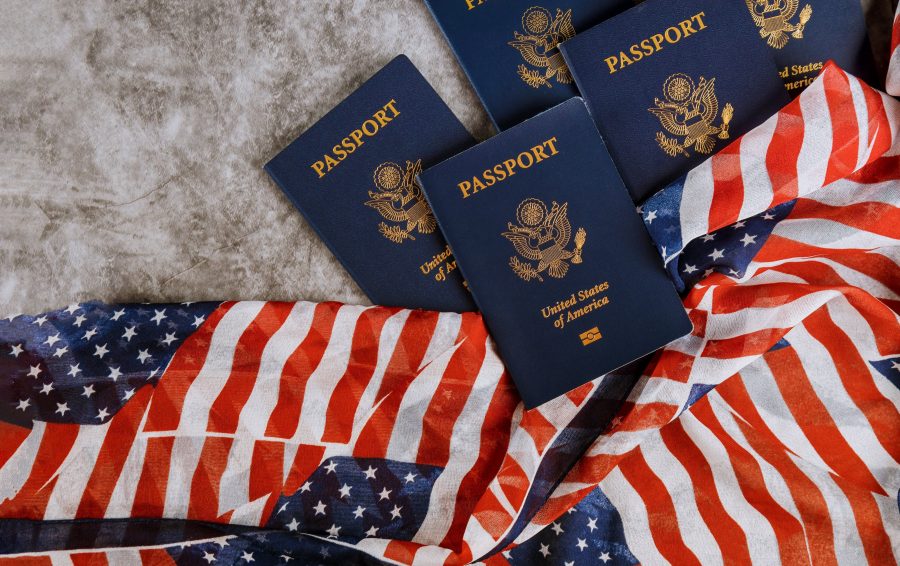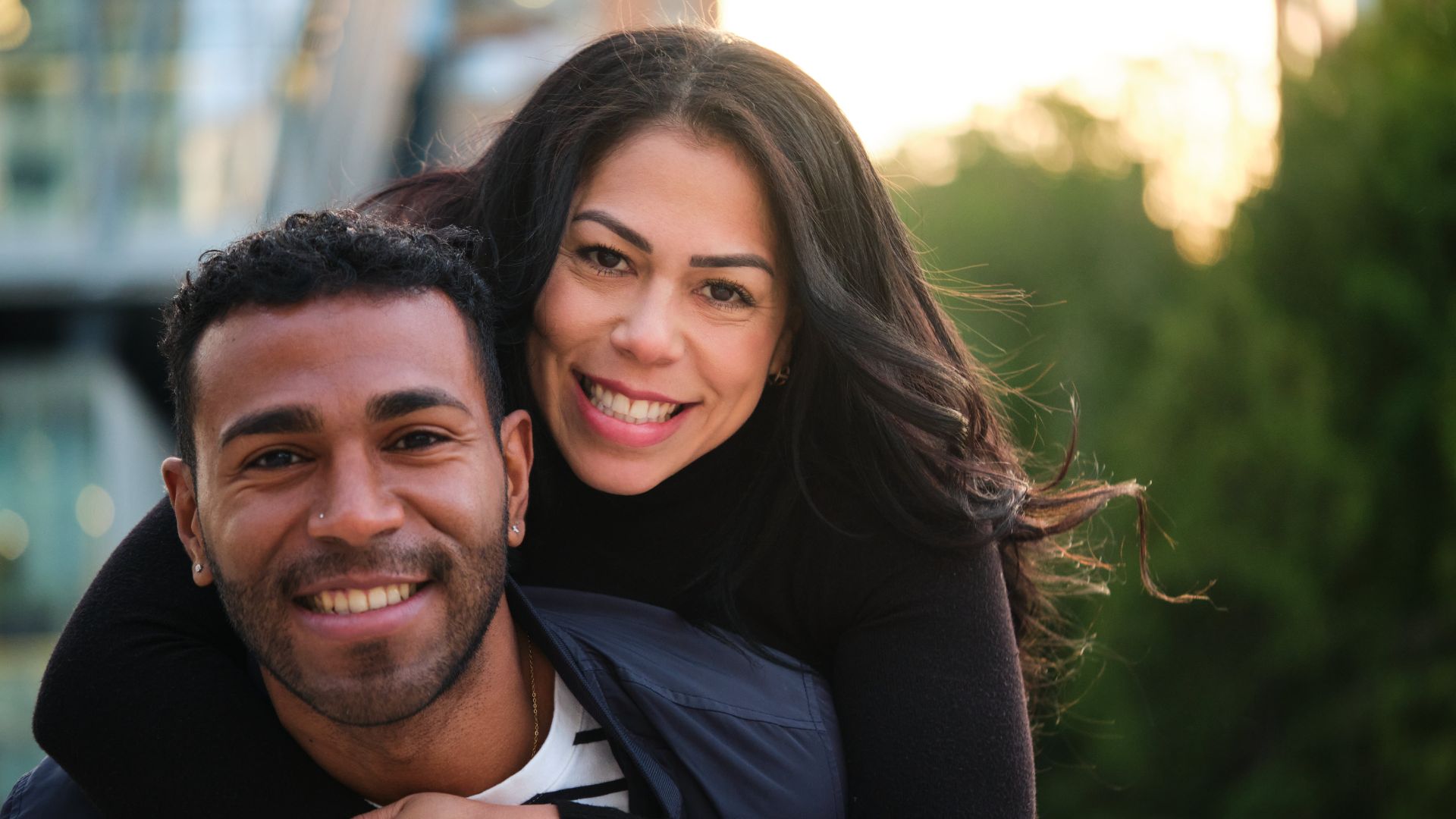Earlier this month a surprising court decision was made by Judge Timothy’s appeal with immigration court Miami. He ruled that any immigrant who has been released from ICE’s(U.S. Immigration and Customs Enforcement) custody at the border as a result of their entry without authorization had been paroled as a matter of law into the country. We’ve gotten several calls with regard to this information.
This particular decision is great news for certain Cubans who are already in the United States as it means that a year after their parole into the country and their release by ICE they can adjust their status as permanent residents as this was not possible some years back.
If you are a Cuban outside of the United States, this news brings you an option through which you can become a permanent resident of the United States.
Here’s why
Historically, Cubans detained at the port of entry were released and given a form also known as a “parole card” which serves as a means for them to apply for permanent residency.
But when the long 20-year effect of the “wet foot, dry foot” policy which stated that any Cuban who reached the U.S territorial waters would be returned to Cuba or a third country was canceled, it affected the protection the Cubans enjoyed because when they were released after being detained they were not given any parole cards and this affected their ability to apply for permanent residency.
What is a Parole?
An Advance Parole Document works the same way a visa works. It is a form of documented permission for temporary travel. It is one document non-immigrants in the United States, inclusive of those seeking adjustment of status must obtain to get legal permission to re-enter the United States after traveling abroad without jeopardizing their status.
Is this a cloud of Silver Lining for Immigrant Cubans?
Yes, it is a cloud of a silver lining for immigrant Cubans. The challenge is that immigration is not accepting all these applications by Cubans to be paroled. So far, they are accepting around 50% of the application and this also depends on what part of the United States the application is coming from.
If you’re Cuban reading this or know any Cuban who has been denied parole before but would like to try kindly do so as it may be accepted or may not be and if it’s not, then it can be joined into this class action suit against ICE.
Do you have any questions related to immigration? Call us today on 904-999-4928 or send us an email at info@rebeccablacklaw.com







